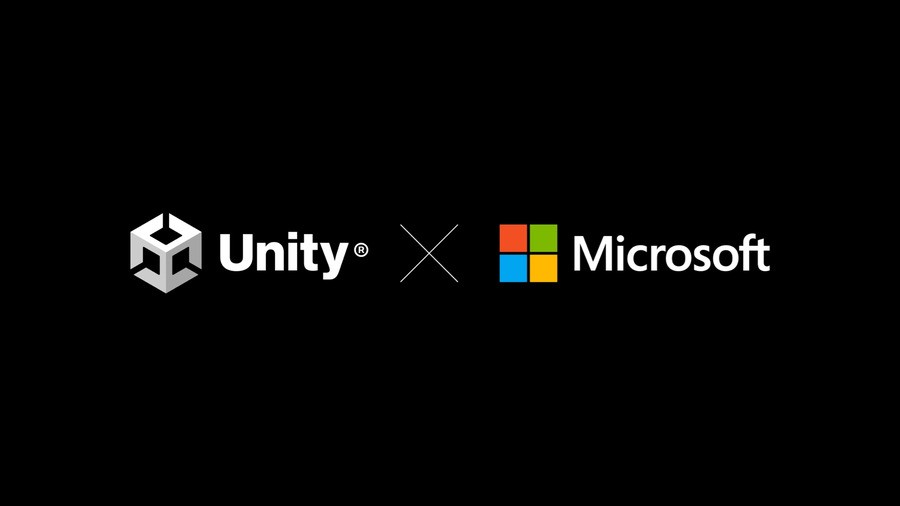
It's been announced today that Unity has selected Microsoft Azure to be a cloud partner for "building and operating real-time 3D (RT3D) experiences from the Unity engine". Here's what that means for developers:
"By giving creators easy access to RT3D simulation tools and the ability to create digital twins of real-world places and objects, Unity is offering creators an easy path to production of RT3D assets, whether for games or non-gaming worlds.
To support this evolution, creators require a technical infrastructure that is as dynamic and innovative as they are. Azure is that solution. Built for security and global scalability, Azure already supports some of the world’s largest games and is bringing those battle-tested learnings to power RT3D experiences for all industries."
In layman's terms, this ensures that the Unity game engine, which is used for creating many popular Xbox games, will be available to take advantage of the Microsoft Azure cloud computing service for those aforementioned 3D experiences.
Better yet, Microsoft and Unity will also be working closely together to "unlock new success opportunities" for Made with Unity game creators to "more easily reach their players across Windows and Xbox devices".
"The partnership between Microsoft and Unity will also enable Made with Unity game creators to more easily reach their players across Windows and Xbox devices and unlock new success opportunities. By engineering improved developer tools, leveraging the latest platform innovation from silicon to cloud, and simplifying the publishing experience, Unity creators will be able to realize their dreams by bringing their games to more gamers around the world."
For more information on this partnership, you can check out the official Microsoft blog on the subject.
You may also be surprised to know that even Sony has a partnership with Microsoft Azure, which was described back in 2020 by Sony executive vice president Toru Katsumoto as a "very strong partnership" between the two companies.
What are your thoughts on this? Let us know down in the comments section below.
[source blogs.microsoft.com]





Comments 0
Leave A Comment
Hold on there, you need to login to post a comment...